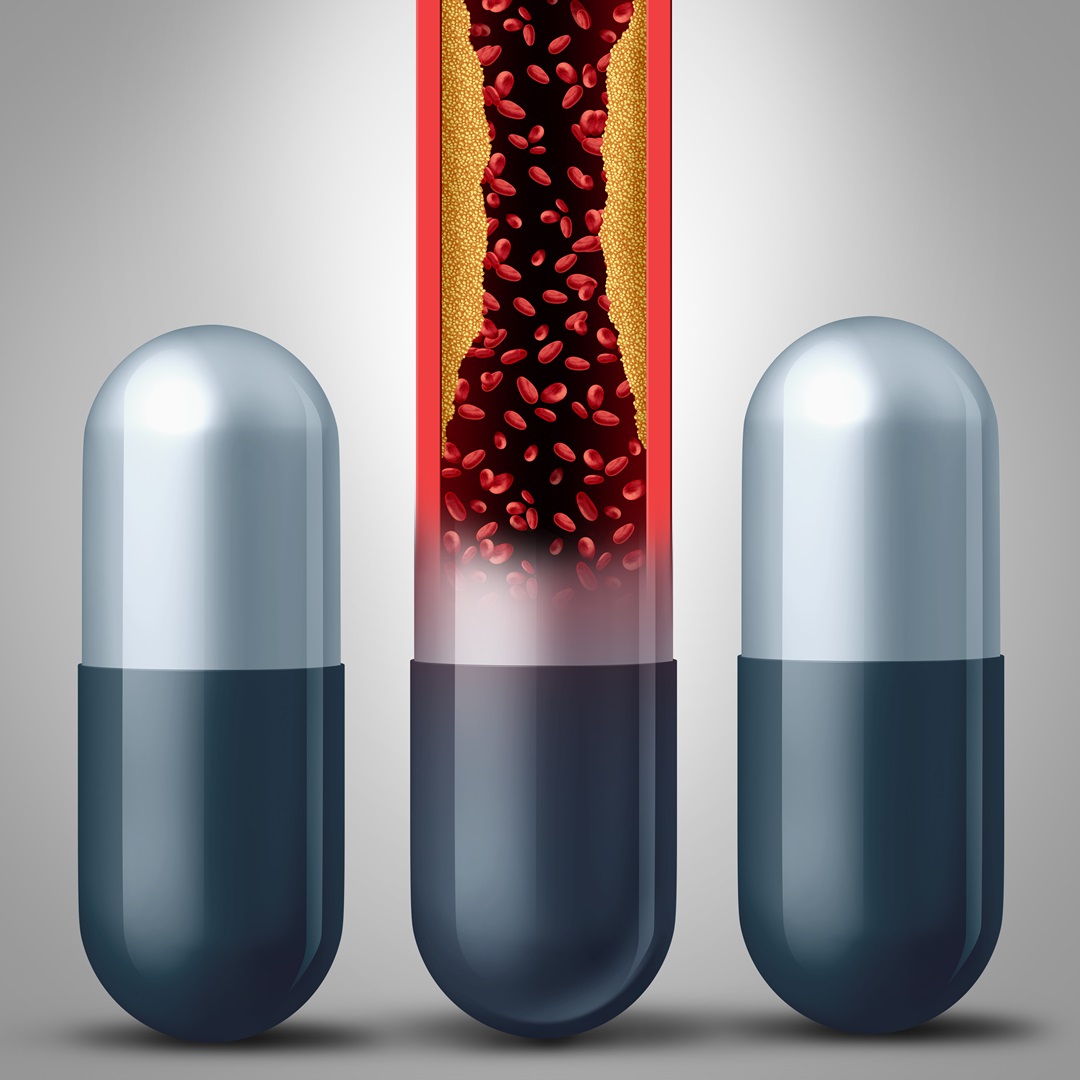by Stephen Luther, M.D.
Share

The verdict of a healthy heart lures many to focus on cholesterol in modern medicine. Since 1987, statin drugs have been hailed as the golden solution for lowering cholesterol. Yet, Symbios believes cholesterol was falsely accused of its involvement in heart disease. The pharmaceutical industry-funded trail has convinced many to misjudge cholesterol and overlook the dangerous side effects, resulting in nearly one in four Americans over the age of 40 being prescribed statins in 2022, according to Penn Medicine.
The pharmaceutical influence on medical practice minimizes alternative options for reducing the risk factors of heart disease with lifestyle modifications. It’s time to hear the entire case by examining the merits of cholesterol studies and who is gaining financially from this trillion-dollar industry.
Cholesterol Studies
“Virtually all of the major clinical trials of statins were funded by the manufacturers – when the drugs were still on patent,” says Dr. John Abramson, lecturer emeritus of health care policy at Harvard Medical School. “The financial ties allowed the manufacturers to design the studies and select patients most likely to benefit from and not be harmed by statin therapy. These ties also allowed the manufacturers to not compare the benefit of statin therapy to the benefit of adopting healthy lifestyle habits and to not ask prospectively about side effects.”
With monetary gains exceeding unbiased evidence, the American Heart Association and the American College of Cardiology changed the guidelines for normal total cholesterol from 340 to less than 200 in 2013. According to 2021–22 financial reports, the AHA received nearly $34 million from pharmaceutical companies, including multiple statin manufacturers. Industry payments in kickbacks, free meals, and funding for training increase incentives for doctors to write statin prescriptions.
Statin’s Potential Harms
Statin drugs inhibit the enzymes in the liver that are responsible for producing cholesterol. The indiscriminate use of these drugs and the lack of awareness surrounding their potential harms have raised significant concerns. Common side effects include:
- Muscle pain and weakness ranging from mild discomfort to severe muscle damage, known as rhabdomyolysis, a condition that can be life-threatening.
- Increased risk of diabetes, particularly in those predisposed to the condition. This paradoxical effect on blood sugar regulation is a cause for serious concern, especially considering the rising prevalence of diabetes globally.
- Cognitive impairmentsinclude memory loss and confusion. While the exact mechanisms behind this phenomenon are not fully understood, the impact on brain health cannot be ignored.
- Interference with the production of essential nutrients, such as coenzyme Q10 (CoQ10), plays a crucial role in cell energy production. Depletion of CoQ10 can lead to various health issues, including fatigue, muscle weakness, and even heart failure.
- An unwell feelingmay be a headache, dizziness, or unusual tiredness.
- Digestive problemsmay occur as constipation, diarrhea, indigestion, and gas.
- Sleep disruptions.
Less common possible side effects include a low blood platelet count known as thrombocytopenia and cataracts.
With billions of dollars at stake, the marketing of statin drugs has been aggressive, shaping the narrative around cholesterol management and overshadowing alternative approaches. As consumers, it is crucial to approach medical decisions critically, questioning the motives behind the recommendations we receive.





